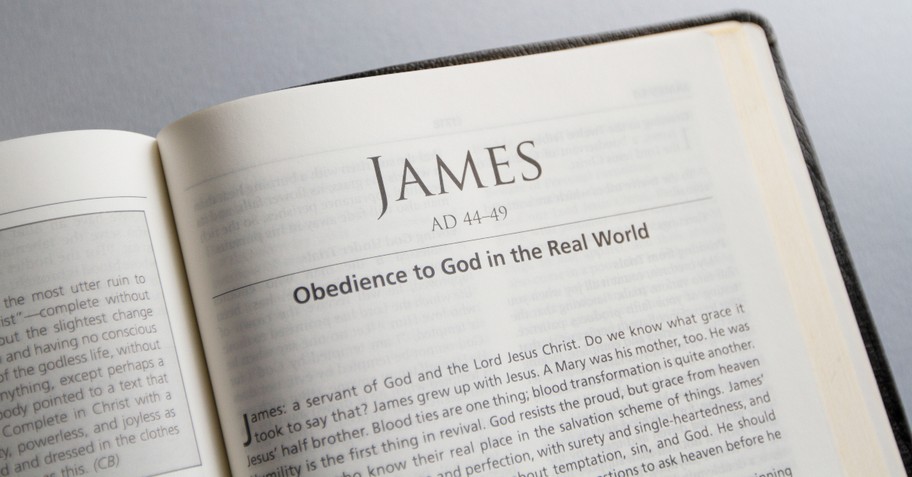Hearing the truth of the Word of God but not doing anything in response deceives us into thinking we believe, but James says that without action, our religion is worthless (James 1:22, 26). Paul explained to the Thessalonians that through the act of God enabling them to love one another, He is establishing their hearts as blameless and holy before God (1 Thess. 3:13). Jude commands us to “keep [ourselves] in the love of God” (Jude 21) by building on the truth of God, praying through the guidance of the Holy Spirit, and waiting on the coming mercy of God.
If we know the right thing to do and we fail to do it, for us it is sin (James 4:17). The temptation is to pursue a moralism by being good or doing good. We cannot do good on our own, or even desire to be good without the intervention of the Holy Spirit (Romans 3:10). So while we should act on our belief, it is not a self-effort or betterment project, but actually the opposite as we relinquish our independence and strength, allowing God to work in us and through our weakness to conform us to the image of Christ (Romans 8:18-21; 2 Cor. 3:4-6). We live according to the Spirit that is within us, putting to death the deeds of the flesh and learning to live in reliance on the Spirit, which is life (Romans 8:11-13).
3. Maintain a Supportive Community
The Christian life is to be lived in community, as members of one body, functioning in dependence on one another (1 Cor. 12:12, 14-27). We don’t know what we don’t know. We need other people to help us both in our arrogance and in our weakness, supporting us and challenging us to wash our hands and purify our hearts (James 4:8) because we tend to independence and sin.
James says that hearing the Word of God and not acting on what we learn is like looking at ourselves in the mirror but not fixing the problems that we see. We need the Word of God to show us who we really are, but God often does this work through people as well. We can easily deceive ourselves or rationalize our problems by projecting blame onto others. We need friends who are willing to tell us when we have spinach in our teeth and our shoes don’t match, both literally and figuratively.
Proverbs 27:6 notes, “Faithful are the wounds of a friend; profuse are the kisses of an enemy.” Words can hurt and it is often friendship and community that are most damaged when the fire of the tongue reigns unchecked, but it is also through the work of forgiveness and restoration in relationship that the motivation for resisting our selfish ambitions rest.
“Love covers a multitude of sins” and “A friend loves at all times” (Proverbs 17:17). Character is formed through adversity and struggle and it is through our care and support for one another that we can receive healing and life (James 5:16).
Photo credit: ©SparrowStock














